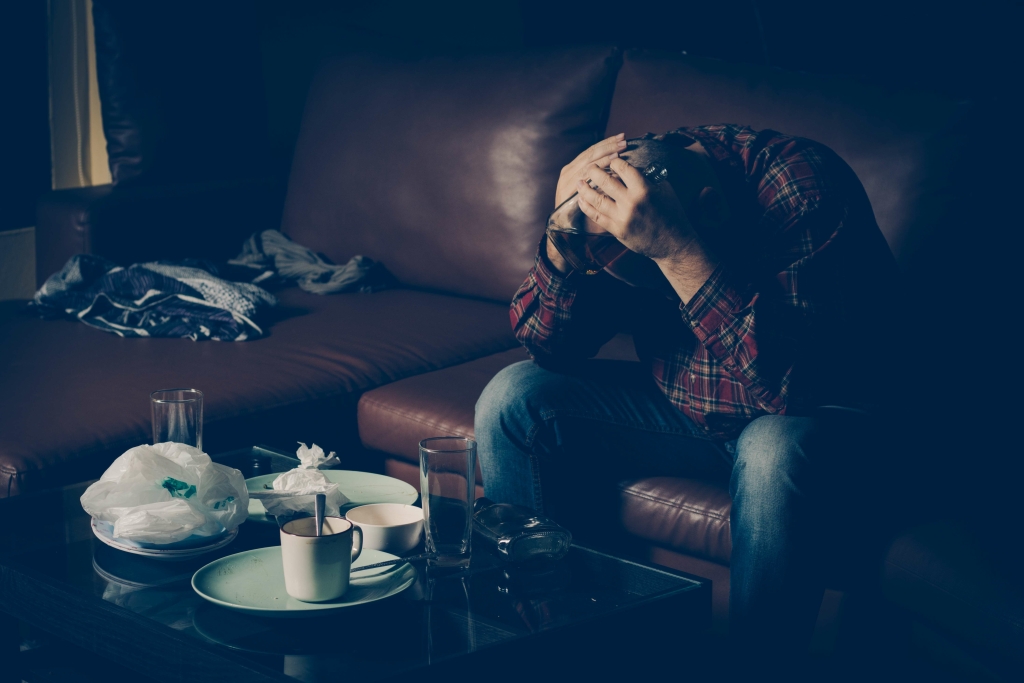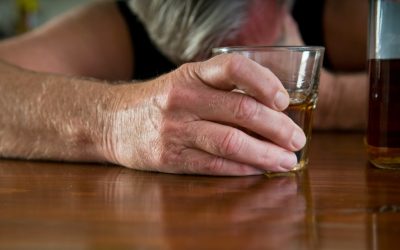SoberBuzz founder, Kirsty, has been journaling her gratitude every day since she stopped drinking, and she attests that it’s the most powerful tool for self-care and self-compassion. Dedicate a moment each day, whether in the morning or at night, to jot down five things you’re grateful for. This practice will help you shift your focus towards self-compassion, nurturing a positive outlook on your journey. Embarking on a journey to cut down or go alcohol-free is a significant step towards a healthier, happier life. To help you along this empowering path, it’s essential to get clear on your reasons for making this positive decision.
- Less than 20% of respondents who experienced AUD in their lifetime ever sought treatment for the condition.
- These calls are offered at no cost to you and with no obligation to enter into treatment.
- You can also pass along tips to avoid blackout drinking, how to quit drinking, and make drinking a safer experience for those you love.
Connect with friends, family, or support groups who understand the complexities of PTSD and alcohol misuse. Share your journey, lean on others for support, and let them be a guiding light during challenging times. The unfortunate consequence of PTSD and alcohol abuse is often a worsening of PTSD’s symptoms.
Related posts
With this severe form of blackout, memories of events do not form and typically cannot be recovered. Problems with alcohol are linked to a life that lacks order and feels out of control. PTSD is a complex mental health condition that develops in response to experiencing or witnessing traumatic events. It is characterized by a range of symptoms, including intrusive thoughts, nightmares, hypervigilance, and avoidance behaviors. Among these symptoms, blackouts represent a particularly challenging aspect of PTSD, often leaving individuals feeling disoriented and disconnected from their own experiences.
- Initially, your “whys” might be rooted in the negative aspects of drinking – feeling low, disliking your behaviour when you drink, or financial concerns.
- Another similar survey showed that 2 in every 10 adolescents reported an alcohol-related blackout within the last 6 months.
- Repeatedly dwelling on a traumatic memory can worsen the experience of recalling it.
- Supermarkets offer a variety of choices, and platforms like The Wise Bartender provide a wide selection.
- First, the variable of how many individuals enter the military that are almost guaranteed to experience a traumatic event did not match the probability that other groups would encounter a trauma.
- The symptoms of PTSD blackouts can vary widely among individuals, but common experiences include feelings of disorientation, confusion, and a sense of lost time.
Dual Diagnosis: Treating PTSD and Alcohol Abuse
By removing traditional stereotypes, we can encourage people to recognise that their relationship with alcohol deserves attention and care. And sometimes alcohol usage disorders are simply a comorbidity that appears alongside PTSD, without one necessarily causing the other. Offer emotional support by being a non-judgmental ptsd alcohol blackout listener and creating a safe environment where your loved one feels comfortable sharing their struggles.
Related Posts

We just learned that excessive consumption of alcohol often has a boomerang effect on those of us who use it as a coping method or self-medication. Furthermore, not everyone with these symptoms meets the requirements of PTSD. To better understand PTSD, the Diagnostic and Statistical Manual for Mental Disorders (DSM-V) identifies these key diagnostic criteria. The association between AUD and PTSD has been elucidated due to the development of standardized assessments for the ECA using the DSM-III DIS.
At PTSD UK, we are excited to join forces with SoberBuzz to extend our support to people dealing with PTSD or C-PTSD who are seeking to take control of their alcohol consumption. Most people who are drinking to the point of alcohol blackout – or blackout drunk – may not realize they’re experiencing a loss of memories at the time. They can act as they normally would, but then the memory loss is noticed the next day when they’re sober. Post-traumatic stress disorder (PTSD) can give rise to a multitude of symptoms, one of which is blackouts.

Q: What’s the rating for PTSD with alcohol abuse?
Alcohol abuse disorder is indicated by regular/uncontrollable drinking and not the occurrence of blackouts. One of the most crucial aspects of this journey is to eliminate any sense of shame. We know that this can be difficult, especially if you have thought negatively about your drinking for a long time, but it is an important step. Recognise that this is the first step towards an incredibly empowering life decision.
Since the late 1970s, several U.S. surveys have collected information on mental health conditions, including AUD, SUD, and PTSD. Anxiety after blacking out, often referred to as “blackout drunk anxiety,” is a common aftermath of such episodes. This intense feeling of unease, worry, and fear can persist for days following a blackout, leaving individuals grappling with a range of emotional and physical symptoms. Darkness descends, memories vanish, and in their wake, an unbearable tide of anxiety https://ecosoberhouse.com/ crashes over you—welcome to the harrowing world of post-blackout paranoia. This unsettling experience is all too familiar for those who have experienced blackout Alcoholics Anonymous drunk anxiety, a phenomenon that affects countless individuals who engage in excessive alcohol consumption.
A team of professionals at The Recovery Village can assist in designing a comprehensive treatment plan to suit someone’s specific disorders. In some stages of intoxication however, emotions are numbed, and the individual feels unaffected by outside situations or stimuli. Whether it’s a brisk walk, yoga, or dance, movement can be a powerful tool in managing both PTSD symptoms and alcohol misuse. However, as we learned, not everyone who experiences or witnesses a traumatic event will develop PTSD. This discrepancy is primarily due to the type of trauma, the length or frequency of exposure, and the increased vulnerability of some groups of individuals.
AUD before PTSD
The PANAS has been validated in a college student sample (Watson, Clark, & Tellegen, 1988), and Cronbach’s alpha for the Negative Affect scale for this sample was .89. Addressing trauma through various therapeutic approaches, including trauma-focused therapy, EMDR, and motivational interviewing, can effectively reduce PTSD symptoms and substance misuse. People with both conditions often report experiences of repeated childhood sexual and physical abuse and have complex treatment needs. If you’ve decided to take a break from drinking, it’s wise to adapt your social activities accordingly. Consider alternatives like going out Substance abuse for dinner, brunch, or enjoying non-drinking-friendly activities such as a trip to the cinema or a live sports event. If you fear peer pressure might be overwhelming, it’s perfectly acceptable to decline invitations.
Biological Connection Between PTSD and Alcohol Use Disorder
After traumatic experiences, it is natural for you to experience feelings of helplessness, aggression, depression, anxiety, and even suicidal thoughts. In summary, while both blackout and alcohol poisoning are related to excessive drinking, alcohol poisoning is a much more severe and potentially life-threatening condition compared to blackout. Blackouting out and alcohol poisoning are both consequences of excessive alcohol consumption. During a blackout, the individual cannot recall events that occurred while intoxicated. Someone who has blacked out can still perform many different actions and interactions with their surroundings. Common PTSD symptoms include intense, disturbing thoughts and feelings that arise after a traumatic experience.
Treatment options
Our alcohol recovery programs are designed around the knowledge that each veteran has his or her own unique experience and challenges. Starting with alcohol detox, we can help you safely quit alcohol without the fear of relapsing. And from there, we can help you with recovery from residential alcohol treatment to ongoing, outpatient support.

